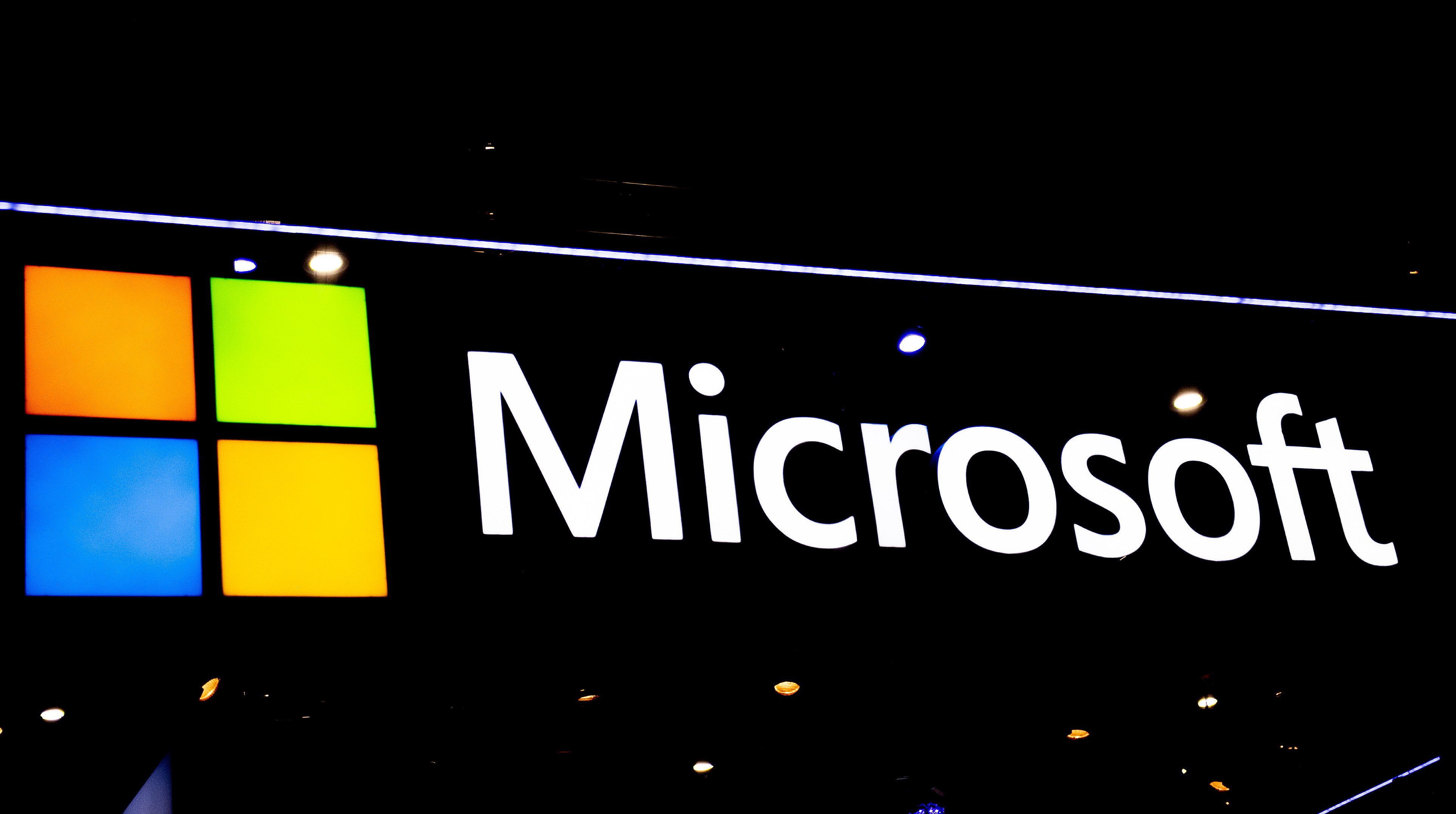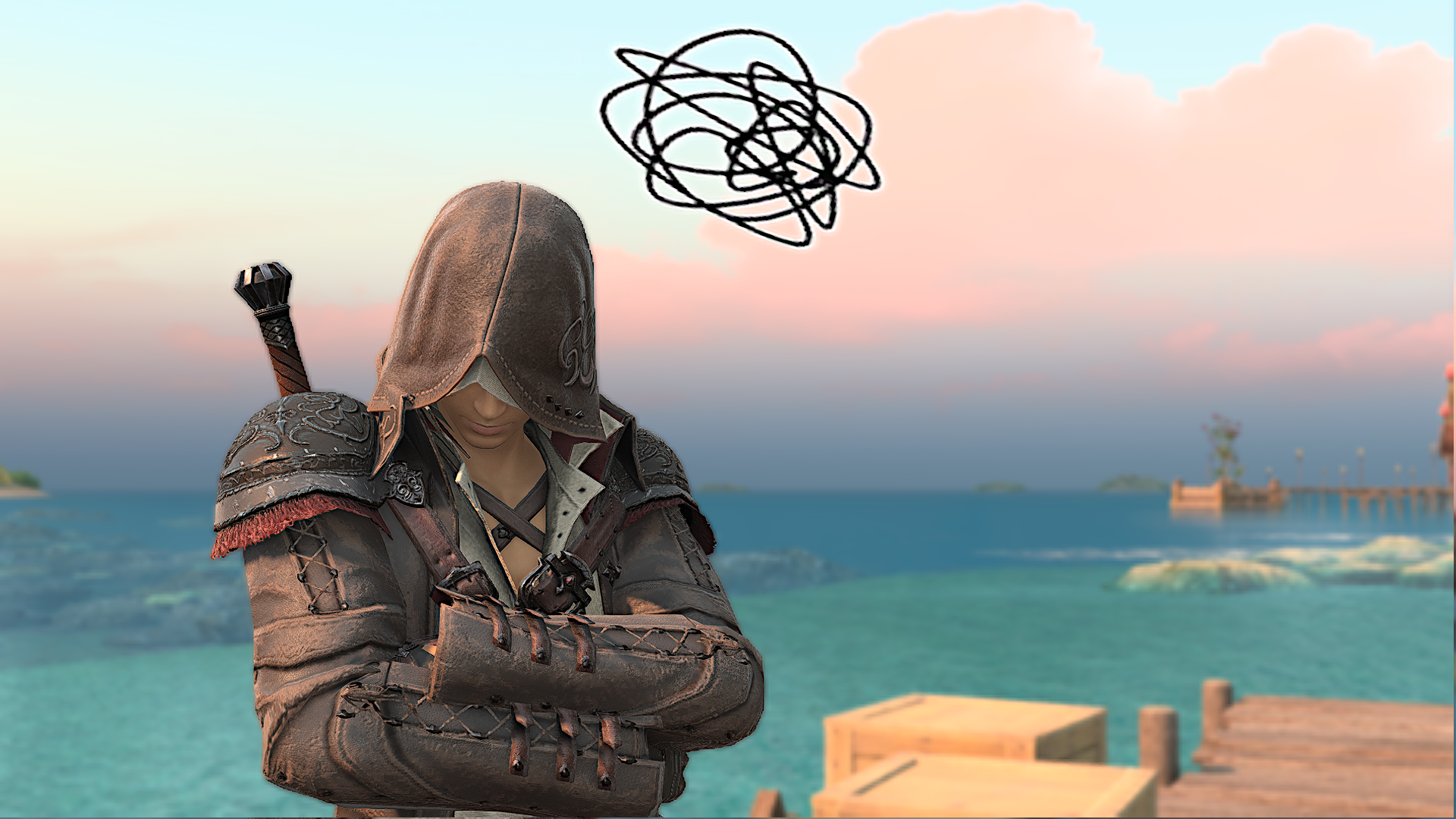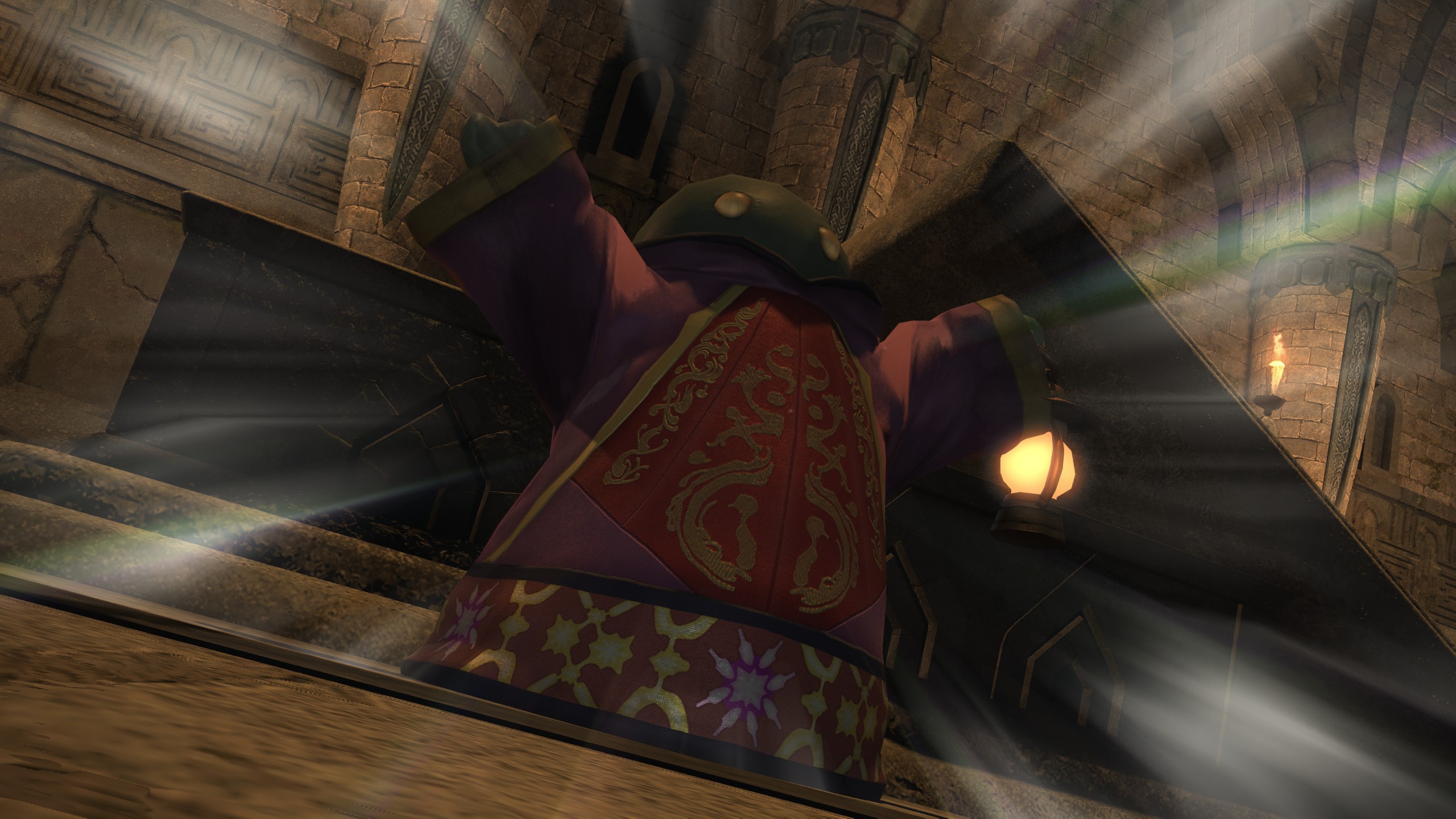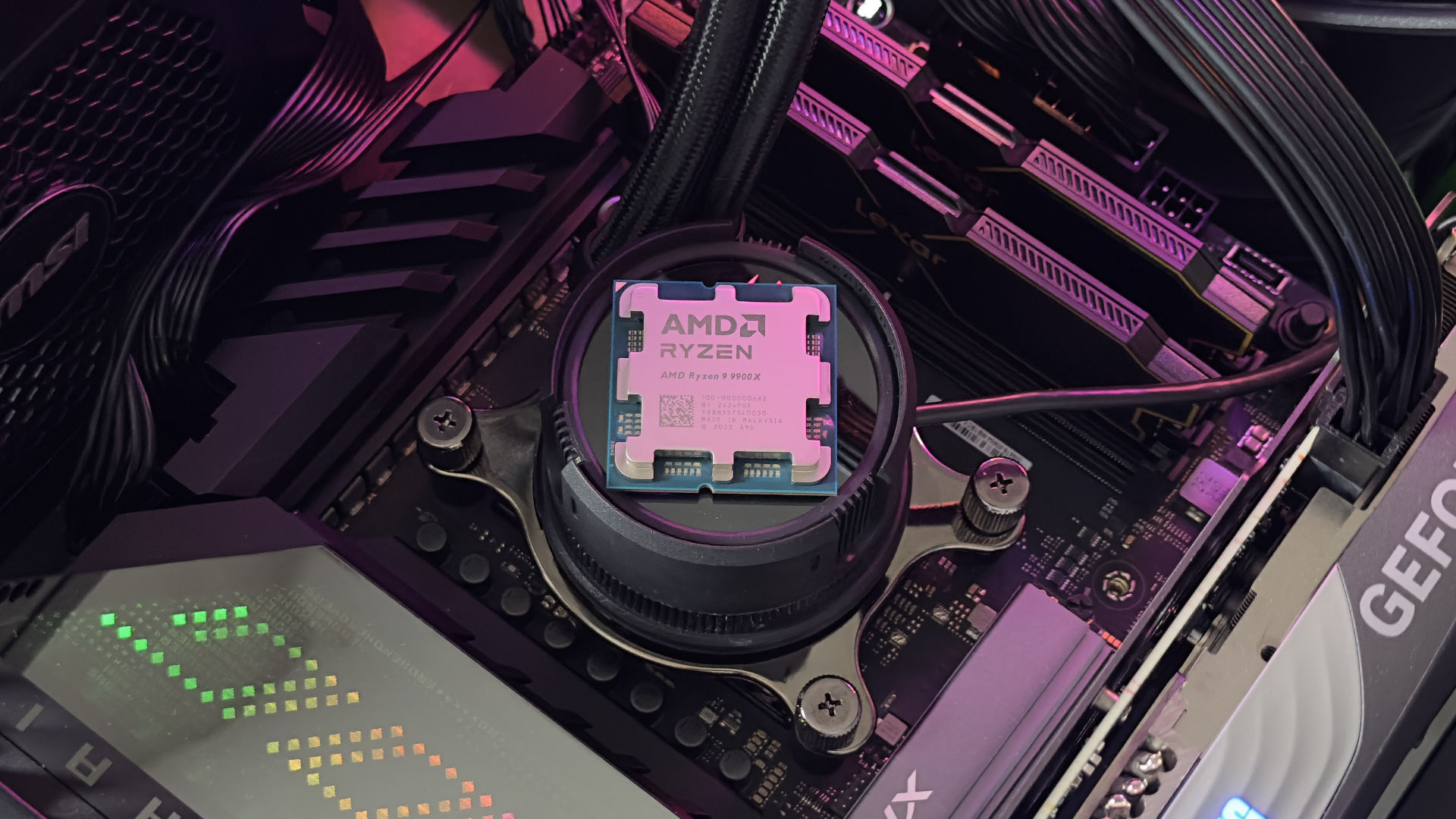
Brazil's economic defence council says it exists to defend the market, not specific companies.
Brazil has become the second country after Saudi Arabia to wave through Microsoft’s acquisition of Activision Blizzard. In a decision released yesterday, the country’s Administrative Council for Economic Defence (CADE) approved the merger “without restriction,” clearing the way for the deal to proceed in Brazil.
It’s another win in Microsoft’s quest to acquire one of the biggest and most recognisable games companies, but just as interesting is the reasoning that CADE provided to justify its approval. In a lengthy accompanying document, CADE’s analysis concluded that Sony’s complaints about losing Call of Duty didn’t have much merit. The reason? Call of Duty wasn’t on Steam for years, and still isn’t on the Nintendo Switch, and it’s not like either of those platforms is gasping for air.
“The absence of Call of Duty in recent years,” says the CADE report, “did not prevent Steam from occupying a leading position in the ranking of digital stores,” especially in the Brazilian market. As for the Switch, CADE says that “the relevance of Activision Blizzard games” to the platform’s success is “minimal”.
CADE does accept that Sony could, “in theory,” be harmed by losing Call of Duty (and it’s worth remembering that Microsoft keeps saying it won’t take the games off PlayStation). Unfortunately for Sony, the company is unique in that regard, and CADE is straightforward that its mission is “the protection of competition as a means of promoting the well-being of the Brazilian consumer,” and not “the defence of the particular interests of specific competitors”. So it won’t be swooping in to protect Sony from Microsoft’s encroachment.
So no matter how much the Microsoft/Activision deal might threaten Sony’s position, it’s a specific risk to one company, not a threat to the Brazilian games market as a whole. That gets it Brazil’s stamp of approval, and one more hurdle to Microsoft’s $68 billion acquisition has fallen. That’s not the end of it, of course: the UK has yet to conclude its in-depth investigation into the merger, and many more countries have to reach decisions, too. As for Sony? It’ll just have to be more like Valve and Nintendo, I suppose.



